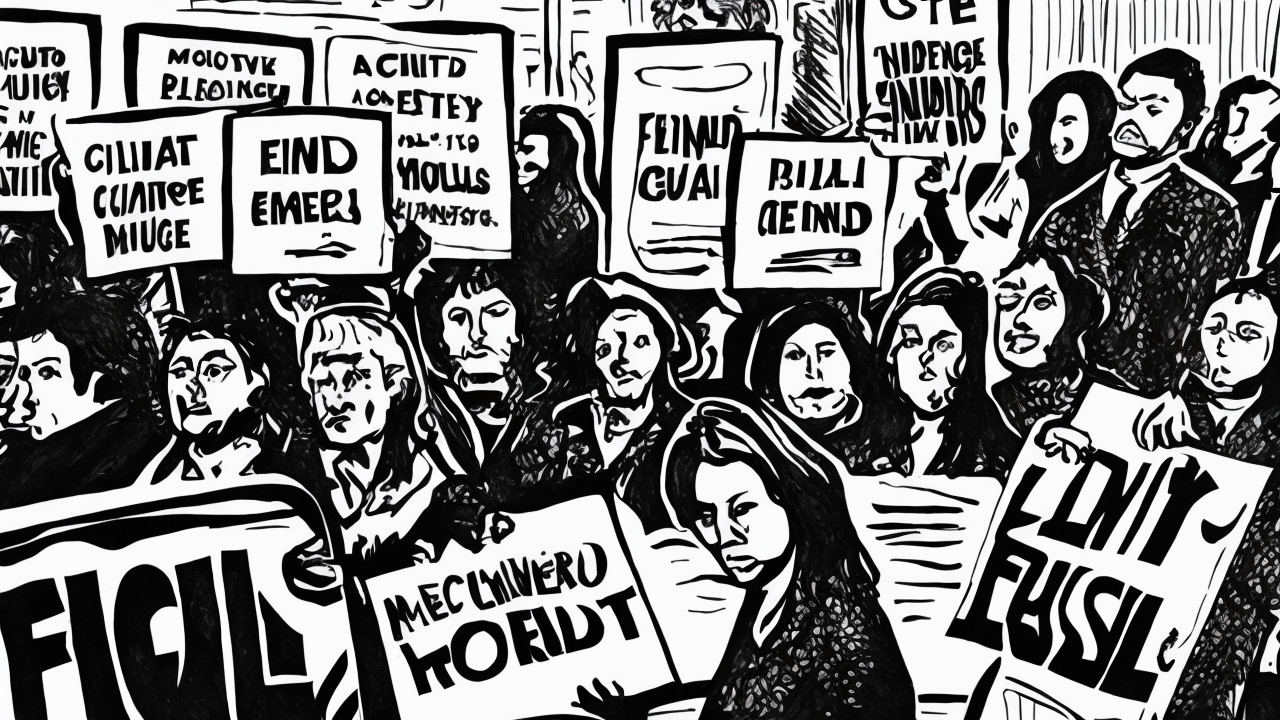Energy Companies Faced with Homicide Lawsuits Over Climate Change

Left-wing climate groups are advancing a radical legal strategy, targeting energy companies and their executives for homicide and wrongful death in the context of climate change. This approach, often referred to as a "climate change Nuremberg," seeks to hold energy firms accountable for deaths attributed to extreme weather events.
A recent wrongful death lawsuit in Washington State, Leon v. Exxon Mobil, alleges that energy companies are directly responsible for the death of Juliana Leon, a 65-year-old woman who died during a heat wave in 2021. Plaintiffs argue that energy companies generated the heat wave, claiming it led to Leon's hyperthermia. However, critics argue that such claims rely on pseudoscience, as energy companies cannot control the weather.
The case highlights a broader legal campaign to hold energy executives accountable for climate-related deaths. A 2023 report titled Climate Homicide outlines a roadmap for prosecuting energy executives for mass murder, accusing them of contributing to climate-related deaths with a culpable mental state. At a recent Senate hearing, co-author David Arkush defended the idea of using homicide doctrines to target energy executives, drawing pushback from conservative senators.
The Leon case is part of a coordinated effort to normalize the idea that energy companies are criminals. Critics warn that such lawsuits distort the legal system and threaten the integrity of energy production, which supports global prosperity. As climate lawsuits falter, left-wing litigators are increasingly turning to extreme legal strategies to advance their agenda.
This legal offensive raises significant questions about the limits of liability and the role of energy companies in addressing climate change. The outcome of cases like Leon v. Exxon Mobil could set a precedent with far-reaching implications for the energy industry and the legal system.
Published: 7/21/2025
















